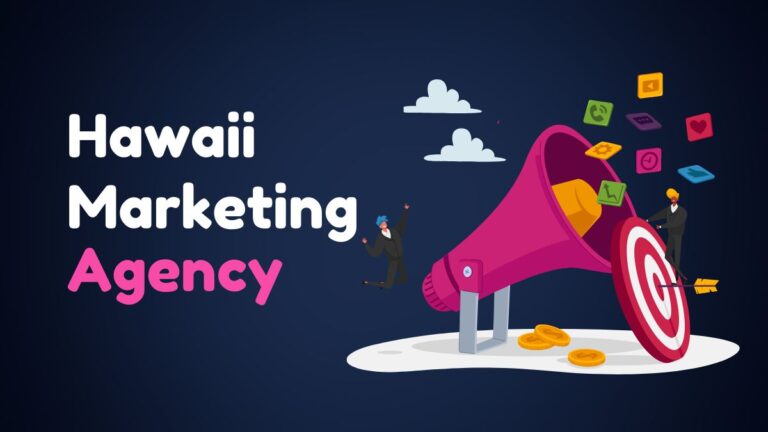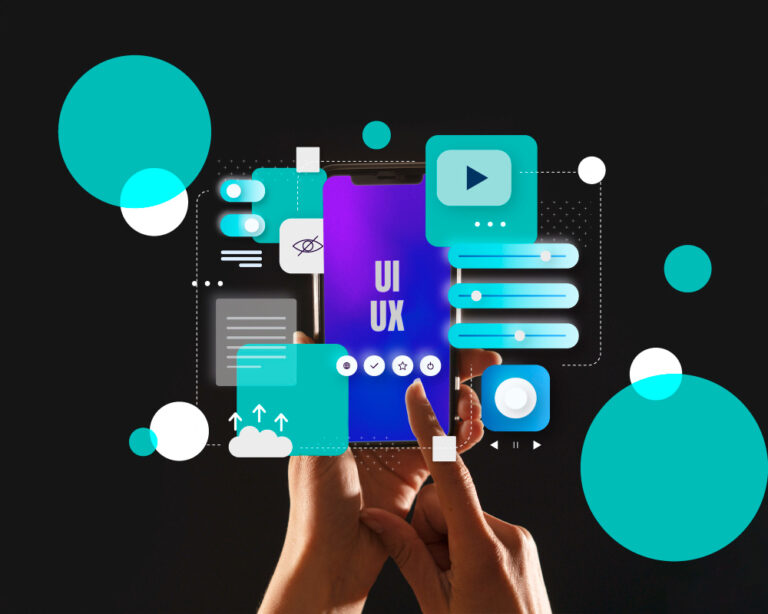The world of work is undergoing a significant transformation. From the rise of remote work models to the increasing focus on employee experience, HR professionals are facing a new landscape. In this evolving environment, HR software India is no longer just a tool for managing administrative tasks; it’s becoming a strategic partner, shaping the future of HR and the workplace itself.
The Rise of Data-Driven HR
Traditionally, HR decisions were often based on intuition and experience. Today, HR software provides access to a wealth of data, allowing for more informed decision-making. Here’s how:
- Talent Analytics: HR software can analyze data on recruitment, performance, and employee engagement. This data can be used to identify trends, predict future needs, and develop targeted strategies for talent acquisition, development, and retention.
- Predictive Modeling: Advanced HR software can leverage predictive analytics to anticipate future challenges and opportunities. For example, the software can identify employees at risk of leaving the company or recommend training programs to address potential skill gaps.
- Benchmarking: HR software allows HR professionals to compare their organization’s data with industry benchmarks. This helps them understand where they stand and identify areas for improvement across various HR functions.
By leveraging data analytics, HR teams can move beyond reactive approaches and become proactive in managing their workforce. This shift towards data-driven HR empowers HR to make strategic decisions that contribute directly to the organization’s success.
The Evolution of Recruitment
The way we recruit talent is changing dramatically. HR software is at the forefront of this transformation, offering features and functionalities that streamline and enhance the recruitment process:
- Artificial Intelligence (AI) in Recruitment: AI-powered tools can automate tasks like resume screening, candidate matching, and scheduling interviews. This frees up HR professionals to focus on more strategic aspects of recruitment, like building relationships with potential hires.
- Chatbots and Virtual Assistants: Chatbots can answer basic candidate questions 24/7, improving the candidate experience and reducing the burden on HR teams.
- Social Media Recruiting: HR software can help leverage social media platforms to connect with potential candidates and build a strong employer brand.
These advancements contribute to a faster, more efficient, and more personalized recruitment process for both employers and job seekers.
The Focus on Employee Experience
In today’s competitive talent market, employee experience is paramount. HR software is playing a crucial role in creating a positive and engaging work environment:
- Employee Self-Service Portals: These portals allow employees to access their personal information, request leave, track benefits, and update their skills. This empowers employees and promotes a sense of ownership over their careers.
- Performance Management and Feedback: HR software facilitates ongoing performance feedback and development conversations between managers and employees. This fosters transparency, improves engagement, and helps employees reach their full potential. Performance management system in India are increasingly being adopted to align individual goals with organizational objectives and enhance productivity.
- Employee Recognition and Rewards: Software can streamline recognition programs, allowing managers and peers to acknowledge employee achievements publicly. This boosts morale and creates a culture of appreciation.
By investing in tools that elevate the employee experience, HR teams can create a more positive and productive work environment, leading to higher employee engagement and retention.
The Rise of the Agile HR Department
The traditional HR department is evolving. With the adoption of HR software, HR teams are becoming more agile and adaptable. Here’s how:
- Automated Workflows: HR software can automate routine tasks, freeing up HR professionals to focus on more strategic initiatives.
- Improved Collaboration: HR software facilitates better collaboration between HR teams, managers, and employees. Information can be shared more easily, leading to faster decision-making and problem-solving.
- Scalability and Flexibility:Cloud based HR software solutions offer scalability and flexibility, allowing HR teams to adapt to changing business needs and grow with the organization.
This shift towards an agile HR department empowers HR professionals to become strategic partners within the organization, contributing directly to business goals and driving positive change.
The Future of HR Software
The future of HR software is bright and full of possibilities. Here are some emerging trends to keep an eye on:
- Blockchain Technology: Blockchain technology has the potential to revolutionize how employee data is stored and managed, ensuring greater security and transparency.
- Immersive Technologies: Virtual Reality (VR) and Augmented Reality (AR) could be used for employee training and development, creating more engaging and interactive learning experiences.
- Focus on Well-being: HR software could offer features and tools to promote employee well-being, such as stress management programs and access to mental health resources.
As technology continues to evolve, HR software will become even more sophisticated, offering a wider range of features and functionalities to meet the ever-changing needs of the workplace.
Conclusion
HR software is no longer just a collection of tools; it’s a strategic partner, shaping the future of HR and the workplace. By leveraging data analytics, AI, and other innovative features, HR software empowers HR professionals to become strategic business partners, driving positive change within the organization. From attracting top talent to fostering a positive employee experience, HR software plays a critical role in creating a successful and thriving workplace. As technology continues to evolve, we can expect even more exciting advancements in HR software, shaping the future of work and creating a more efficient, data-driven, and employee-centric work environment.












